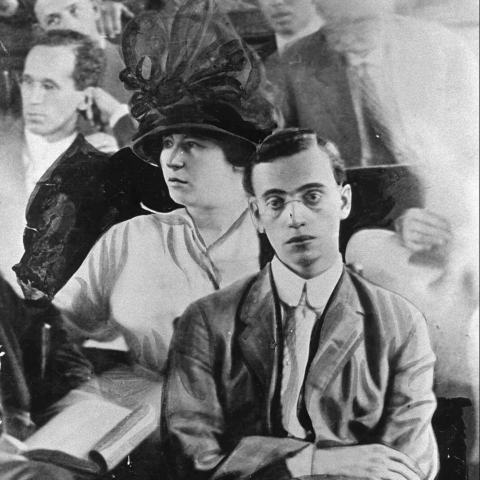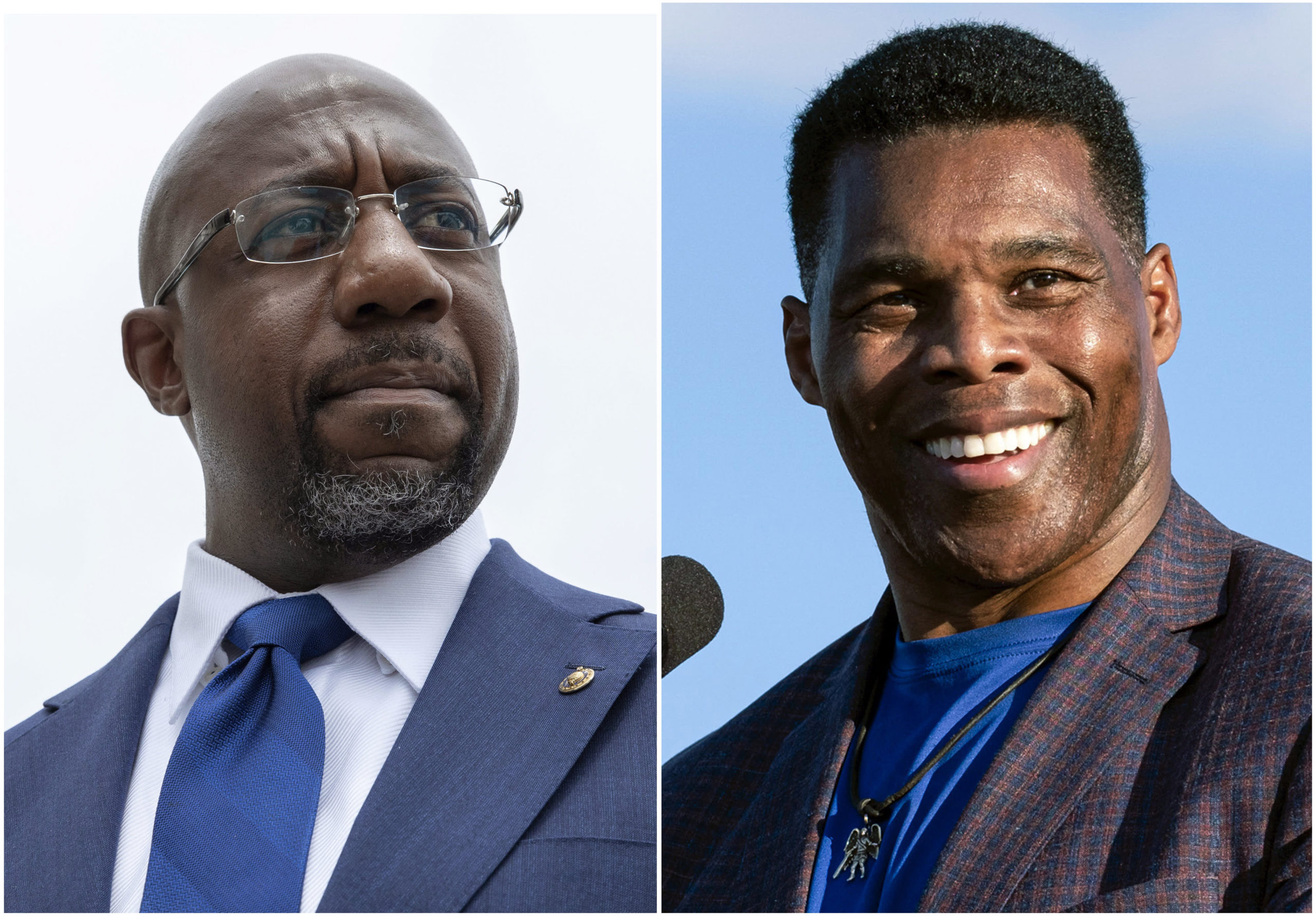For all the popular banter about “career politicians” serving as barriers to American progress, very few men and women are able to establish themselves as permanent fixtures in Washington. The average tenure for members of the U.S. House of Representative is 9.1 years, with Senators serving a slightly more lengthy 10.2 years before they succumb to oldage, fatigue, scandal, or a new challenger at the polls. Turnover is one of the factors that keep American politics interesting, and there has been no shortage of it in today’s political climate. Yet even when accounting for the massive national congressional shakeup experienced during the 2010 election cycle, 2014 brought a year of unprecedented change to Georgia’s congressional delegation. As a host of new faces file into the Capitol to take their place in the 114th Congress, one Georgia senator seems poised to outlast many of his colleagues.
John Hardy Isakson first went to Washington in 1999 to assume the House of Representatives seat vacated by Speaker of the House Newt Gingrich. He claimed another famous predecessor’s seat in 2005 when he won the retiring Zell Miller’s Senate seat. In the intervening decade, Senator Isakson has served consistently as a conservative member of the Senate, shifting only occasionally from the Republican Party line.
Like his former colleague Saxby Chambliss, Isakson has suffered some controversy for his attempts to bridge the partisan gap. Chambliss was a member of the bipartisan “Gang of Six” that attempted to find a pathway to budget reform, and Georgia voters did not take kindly. Isakson encountered a similar response when he voted in support of the 2008 Troubled Asset Relief Program (TARP) and bailouts for Fannie Mae and Freddie Mac. For the most part, however, the senator has maintained a relatively low public profile. And in a profession so plagued by stories of scandal, Isakson’s ability to maintain a stable presence far from the limelight should be applauded.
That is not to say that Isakson has been unproductive. An establishment Republican, more in the vein of the Bushes than Ted Cruz, Isakson backed a bill supporting federal funding for stem cell research, so long as embryos were not harmed. Another hallmark of Isakson’s tenure has been his role in education policy; he played a key role in shaping No Child Left Behind and he is an advocate for school vouchers. However, in a Republican party that is constantly shifting to the right, Isakson’s greatest contribution to Congress may be in his status as a moderate. While he is unlikely to back a measure written by Harry Reid, Georgia’s senior senator can be expected to reliably pursue practical solutions rather than standing on principle.
Although Sen. Isakson may be less of a household name than John McCain or Elizabeth Warren, staying out of the public eye has allowed him to become the most senior Republican member of Georgia’s delegation to the capital. Saxby Chambliss and Jack Kingston, the former 11-term Congressman from Georgia’s 1st District, were the last two Georgia Republicans to assume office before the arrival of Isakson in 1999. With this past year bringing the retirement of Senator Chambliss and Congressman Kingston’s first electoral loss in over twenty years, Isakson now stands as the senior statesman for Georgia’s conservative interests in the capital. Only Sanford Bishop and John Lewis have served longer than Isakson, but they are strongly in the minority, two Democrats clinging to the bastions of blue in an otherwise red state.
Furthermore, the 70-year-old Senator has shown no signs of slowing down. While Chambliss declined to seek reelection due to an increasingly partisan political climate, Isakson announced his intention to seek reelection shortly after the polls closed in November. This struck some as surprising, as the Senator’s age and concerns over his health had led many to believe that there would be yet another open Senate seat in 2016. Now that he intends to seek a third term, it is unlikely that Isakson will face any meaningful opposition. Democrats will likely be reluctant to field a strong candidate or pour significant financial resources into a contest against a Republican incumbent, particularly given the lackluster performance of Michelle Nunn and Jason Carter this past cycle.
The only factor that may shift this sentiment is the presidential ballot in 2016. If Hillary Clinton or another prominent Democrat wins the Democratic nomination, Georgia’s senate seat may be seen as in play, perhaps drawing a challenge from Atlanta Mayor Kasim Reed or a revitalized Carter. Republicans will be unlikely to field a serious primary challenger, particularly because those Congressmen who declined to seek Senator Chambliss’s seat in 2014 – Tom Price of the 6th District, foremost among them – now enjoy relative seniority over most of their colleagues. Risking such a tenured career in the House to take on a relatively popular and very well-funded incumbent in the Senate would be an unlikely career move.
There is an even more intriguing, if unlikely, scenario worth noting. If Senator Isakson were to win and subsequently retire or be unable to complete his term due to health concerns, Georgia Governor Nathan Deal would have to make a special appointment, allowing a new Republican to take the seat without having to immediately face election. Such a prospect is no doubt appealing to any Georgia Congressmen who wishes to ascend to the Senate, but fears facing an incumbent head-to-head at the polls.
Setting aside such longshots, and assuming that Isakson wins his seat, how will he spend his next term? It is unlikely that he will transform into a conservative firebrand, and although he holds seniority among the Georgia delegation, there are still 16 Republican senators who arrived in Washington before him. Because of these senior members, a top leadership position is unlikely. With the Republicans taking control of the Senate, Isakson was recently afforded control of the Veterans’ Affairs Committee and Ethics Committee, which seem to complement his interests. At the moment, it seems that Senator Isakson will continue to serve as he always has, a measured and steady voice of reason among the chaos at the Capital.
– By Max Wallace/Photo Credit: Huffington Post


